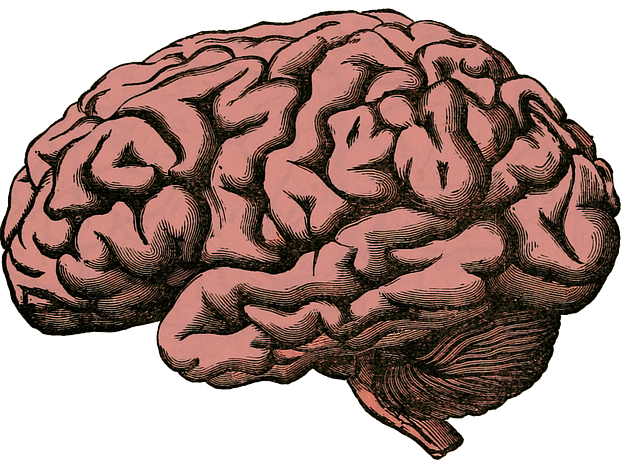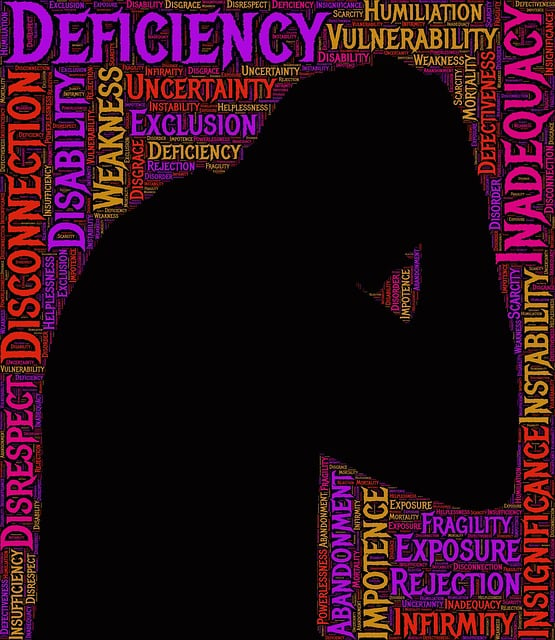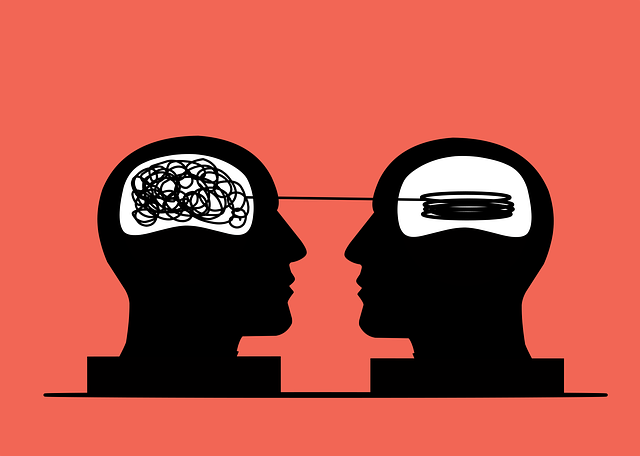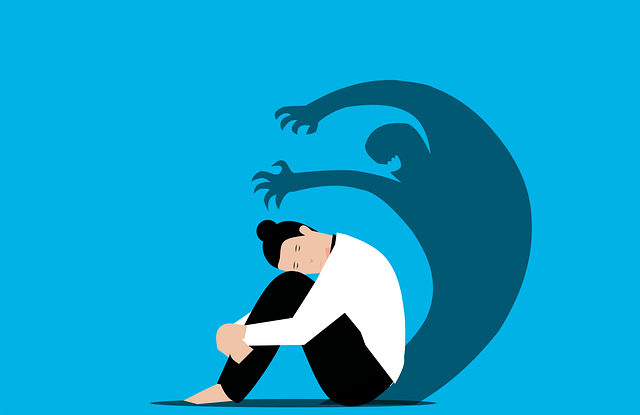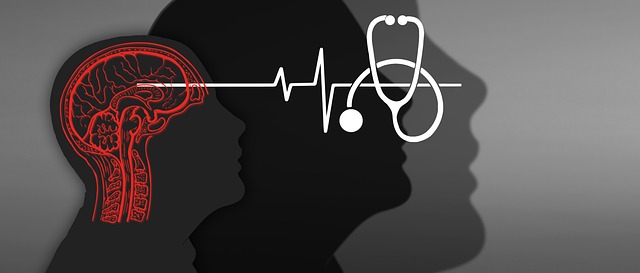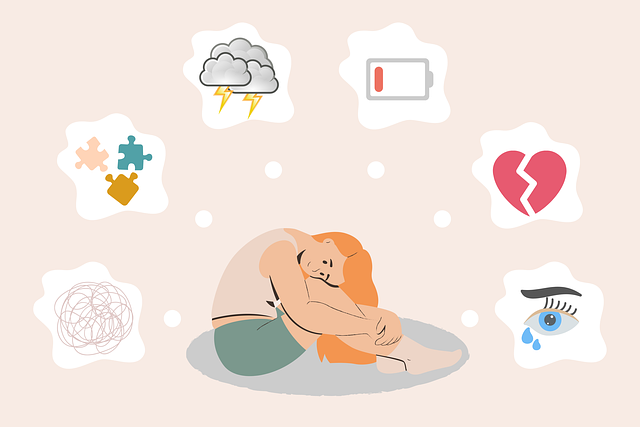Developing effective therapy apps for bipolar disorder, like Parker Bipolar Disorder Therapy, requires a user-centric approach that incorporates cultural sensitivity and stigma reduction. Key features include mood tracking, mindfulness exercises, virtual support groups, self-care reminders, educational resources, and data privacy safeguards. Collaborating with mental health professionals ensures an accessible, evidence-based interface while advanced algorithms personalize coping mechanisms based on individual needs.
In today’s digital age, mental wellness apps offer crucial support for managing conditions like bipolar disorder. This article explores the development of a game-changing solution, the Parker Bipolar Disorder Therapy App. We delve into understanding the complexities of bipolar disorder as a case study, followed by a deep dive into designing personalized therapy and support features. The development process, key features, and ethical considerations are highlighted, providing insights into how apps like Parker can revolutionize mental health care.
- Understanding Mental Health Challenges: Bipolar Disorder as a Case Study
- Designing an Effective App for Personalized Therapy and Support
- Development Process, Features, and Ethical Considerations for Parker Bipolar Disorder Therapy App
Understanding Mental Health Challenges: Bipolar Disorder as a Case Study

Understanding mental health challenges is paramount in developing effective apps for bipolar disorder therapy. Bipolar disorder, characterized by extreme mood swings from mania to depression, presents unique complexities that require tailored interventions. This case study highlights the importance of addressing not just symptoms but also the cultural nuances and stigma surrounding mental illness.
Apps aiming to support individuals with bipolar disorder must consider Cultural Sensitivity in Mental Healthcare Practice to ensure their effectiveness across diverse populations. By incorporating Mental Illness Stigma Reduction Efforts, these apps can foster a supportive environment, encouraging users to seek help without fear of judgment. Enhancing Mental Health Awareness through engaging content and personalized feedback loops can empower users to better manage their condition.
Designing an Effective App for Personalized Therapy and Support

In designing an effective mental wellness app, especially one tailored for personalized therapy and support, such as Parker Bipolar Disorder Therapy, developers must prioritize user-centric approaches. The app should seamlessly integrate evidence-based practices like Compassion Cultivation Practices to foster a supportive environment. By leveraging advanced algorithms, it can offer customized routines and coping mechanisms based on individual needs, ensuring that users receive highly personalized care. Features like interactive mood tracking, mindfulness exercises, and virtual support groups enhance engagement and encourage consistent use.
Furthermore, incorporating Burnout Prevention Strategies for Healthcare Providers in the app’s design can be transformative. This includes implementing tools for stress management, self-care reminders, and educational resources to help users understand their conditions better. Incorporating public awareness campaigns through in-app notifications or interactive content also plays a crucial role in promoting mental health literacy, fostering a community where individuals feel understood and supported.
Development Process, Features, and Ethical Considerations for Parker Bipolar Disorder Therapy App

The development of a mental wellness app, specifically tailored for Parker Bipolar Disorder Therapy, involves a meticulous process that combines robust features and ethical considerations. The initial phase entails extensive research into bipolar disorder symptoms, triggers, and effective therapeutic methods. This knowledge forms the backbone of the app’s content and functionality. Developers then collaborate with mental health professionals to design a user-friendly interface, ensuring accessibility for individuals managing this condition.
Key features could include mood tracking tools that help users identify patterns, personalized meditation sessions for stress reduction (a vital component in Self-Care Routine Development for Better Mental Health), and educational resources on trauma support services. Additionally, the app may incorporate community forums where users can share experiences, fostering a sense of belonging. Ethical considerations are paramount; data privacy and security measures must be stringent to protect user information. Transparency about data usage and clear consent mechanisms are essential, especially when dealing with sensitive mental health data.
The development of mental wellness apps, such as the Parker Bipolar Disorder Therapy app, offers a promising avenue for personalized therapy and support. By understanding specific mental health challenges like bipolar disorder, designers can create innovative tools that enhance patient care. This case study highlights the importance of app features tailored to individual needs and ethical considerations in ensuring effective and safe digital solutions. Embracing these principles paves the way for revolutionizing mental healthcare access and outcomes.
